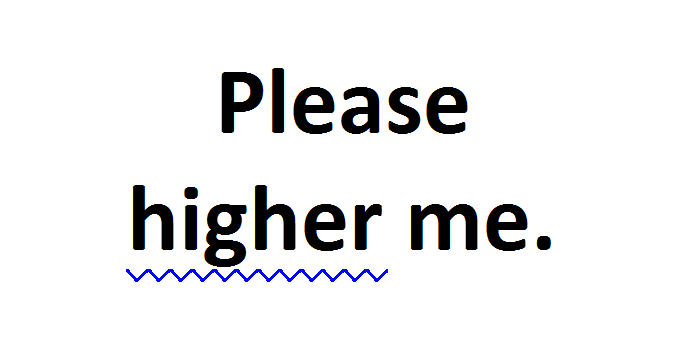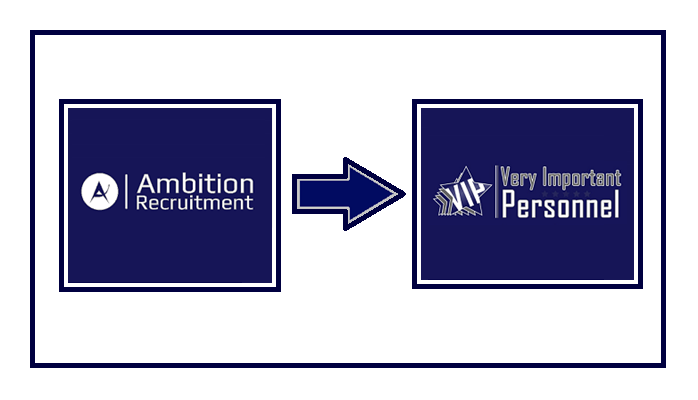With an ever growing number of social media users, the link between employment and social media is becoming stronger. There are many platforms available to us which enable us to post, share, like and connect with people all around the world. Twitter, Pinterest, Google+, Instagram to name a few, the list is endless.
That said, the content you display is more than likely going to be viewed by your employer, your colleagues or even both at some point, so be mindful on the type of things you choose to display.
Before we look into this further, let’s take a look at some of the statistics…
The numbers are astronomical.
Many of us have some kind of social media presence, in fact 2 thirds of all internet users have some form of online profile. The market leader is Facebook with nearly 1.5 Billion monthly users in the second quarter of 2015 alone, that’s 47% of all Internet users currently updating regular posts to Facebook.
If you are considering using social media to increase your chances of employment LinkedIn is probably the most effective form of social media to do it. LinkedIn is a business-oriented social networking site allows users to connect with like-minded users and build a professional network. Opportunities are regularly advertised on here, simply follow the right people and search for your preferred sectors and professional bodies to begin networking. Linked in has approximately 365 million users, not quite as popular as its big brother Facebook, then again – how many people do you need to know to get one job?
So how is social media connected to employability?
Your online presence has become the much easier to access in recent years, the fact is, if you put it online, it’s there for the world to see.
Back in 2009 a University of California student posted the following tweet about an internship with a software giant.
“Cisco just offered me a job! Now I have to weigh the utility of a fatty pay check against the daily commute to San Jose and hating the work.”
Well, for those of you who didn’t know, it didn’t end well. A Cisco employee discovered the tweet, the offer was withdrawn and a publicity storm erupted. This incident was one of the first cases where a status update resulted in the loss of a job.
So is it legal for employers to examine your social media presence?
This is a loaded question and in short, yes and no. Measures have been put in place to protect both Employee and Employer. It is generally up to the Employer to enforce a social media policy that enables them to take action when an employee bad mouths their company online for example.
Many online activities, especially something like a Facebook post regarding wages or working conditions that is shared with co-workers, are forms of “concerted activity” that are sheltered under the law until it reaches the point of being “disloyal” to the employer. “Disloyal” can be complicated to define, but it differentiates between comments that are merely complaining about work from ones that actively seek to reduce business by driving customers away.
The bottom line is, respect the boundaries of social media. The legalities can be messy and avoiding a court case is advised. Our advice to you would be to only publish things that you wouldn’t mind your employer or future employer to see. After all prevention is the best cure.









